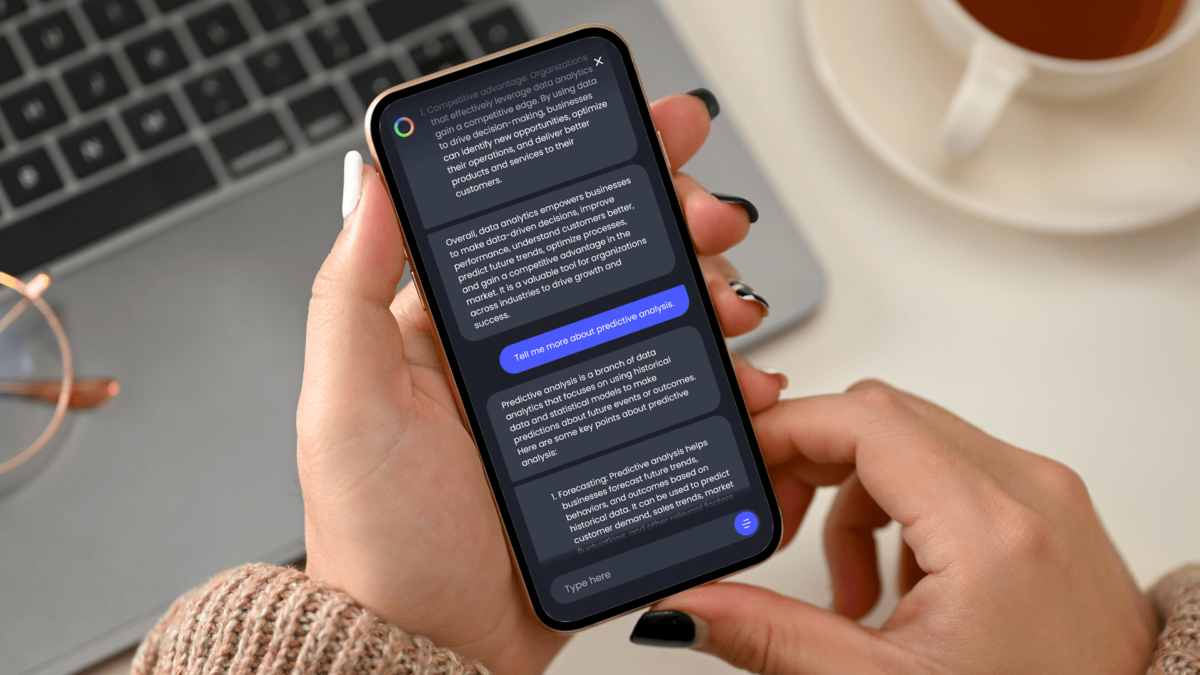Embracing technology could improve results this National Numeracy Day

Mark Dawe, CEO at The Skills Network, looks at how the use of technology can help unlock maths skills for a new generation, whilst helping to tackle stigma that exists around numeracy in the UK.
Today (22nd May) is National Numeracy Day, a time when people around the country can reflect on the contribution maths and maths learning can play in their own lives and in the communities arounds them.
In the UK today so many people struggle to come to terms with basic numeracy skills
However it probably doesn’t feel like a time for celebration, as in the UK today so many people struggle to come to terms with basic numeracy skills and also often carry a great deal of needless shame and stigma around with them due to the way maths might have failed to capture their imagination when growing up at school.
As a leading online education provider, we want to ensure that everyone has access to the best learning tools, whilst also playing a key part in tackling the numerous challenges that a lack of numeracy can create for individuals and also for employers looking to fill crucial roles with skilled workers across the UK.
This time last year, we commissioned groundbreaking research which underlined the level of need there is around maths learning across the country; identified urgent actions that need to be taken; and how the use of technology can help improve academic achievement, whilst reducing unnecessary stigma for learners.
You can download the full in depth research and also view the results of the survey we conducted of 2000 people across Britain here.
Just under half of the UK (47.5%) believe that society feels it is acceptable to be bad at Maths
Our research showed that just under half of the UK (47.5%) believe that society feels it is acceptable to be bad at maths – with only 27.1% of people saying they would not find this acceptable. There is a lot of work to be done in making maths learning accessible and engaging to learners of all ages, but also we need to all work together to help tackle the fear and stigma that clearly exists around this subject.
The underlying feeling of parts of the nation that it is somehow OK to be bad at maths is particularly concerning when taking into consideration that 46.2% of respondents to our survey said that they needed to have a GCSE in Maths (or a GCSE in Maths and English) in order to start their first job after school. This means thousands of people are being locked out of the jobs market because they are either unwilling or unable to access practical learning around basic maths.
In the 21st Century everyone should have access to a decent education – but there are many complex reasons why people are still being left behind. At The Skills Network we want to help transform learning opportunities, career opportunities and life outcomes for the better – and we believe that embracing technology is a good way of doing this.
64.05% of people across UK say incorporating more technology could improve learners’ opinions of Maths and English – and when you look at the 25-34 age range, the number rises to a massive 80.17% of people saying that technology could help remove the stigma of these being seen as ‘boring’ subjects.
As industry leaders within the education sector, we have created an unrivalled set of online resources for all functional skills Maths and English learning – along with developing bite-sized online resources to support the delivery of the Government’s Multiply programme – and we want as many people as possible to be able to access these resources, from the comfort of their own homes.
Empowering people to be able to learn via their phone, laptop or other electronic device, opens up so many new possibilities and opportunities. Our research showed that 74.6% of general population carry a phone or tech device with features like a calculator and spellcheck readily available – and that they have access to technology that would allow them to action basic Maths and English tasks while they are out and about. More than this, online learning can be done from anywhere at any time, in a way that fits with people’s already busy lives.
If we can transform and revolutionise the way people access their learning and make it more fit-for-purpose to allow more people to engage and achieve, that is half the battle.
The Government acknowledges that poor numeracy costs ‘tens of billions a year’, with pressing skills shortages in many communities across a wide variety of sectors up and down the country – so why don’t we encourage people to use the technology they carry around with them most of the time to help make a meaningful difference in their lives and careers.
On a personal level, engaging with maths learning constructively can be really useful, even if you don’t want to utilise it to kickstart your career. There are so many everyday tasks that can involve maths, without you even realising it. Whether you are buying something in a shop or weighing out some ingredients for a meal, having basic numeracy skills can make life a whole lot easier.
Digital developments have opened doors for so many people already since lockdown – giving access to information and opportunities like never before, but if we could harness the power and potential to tackle the shortfall around numeracy it could help contribute to real economic growth and progress around the UK, turning Britain into a powerhouse on the global stage.
By Mark Dawe, CEO, The Skills Network











Great Read!